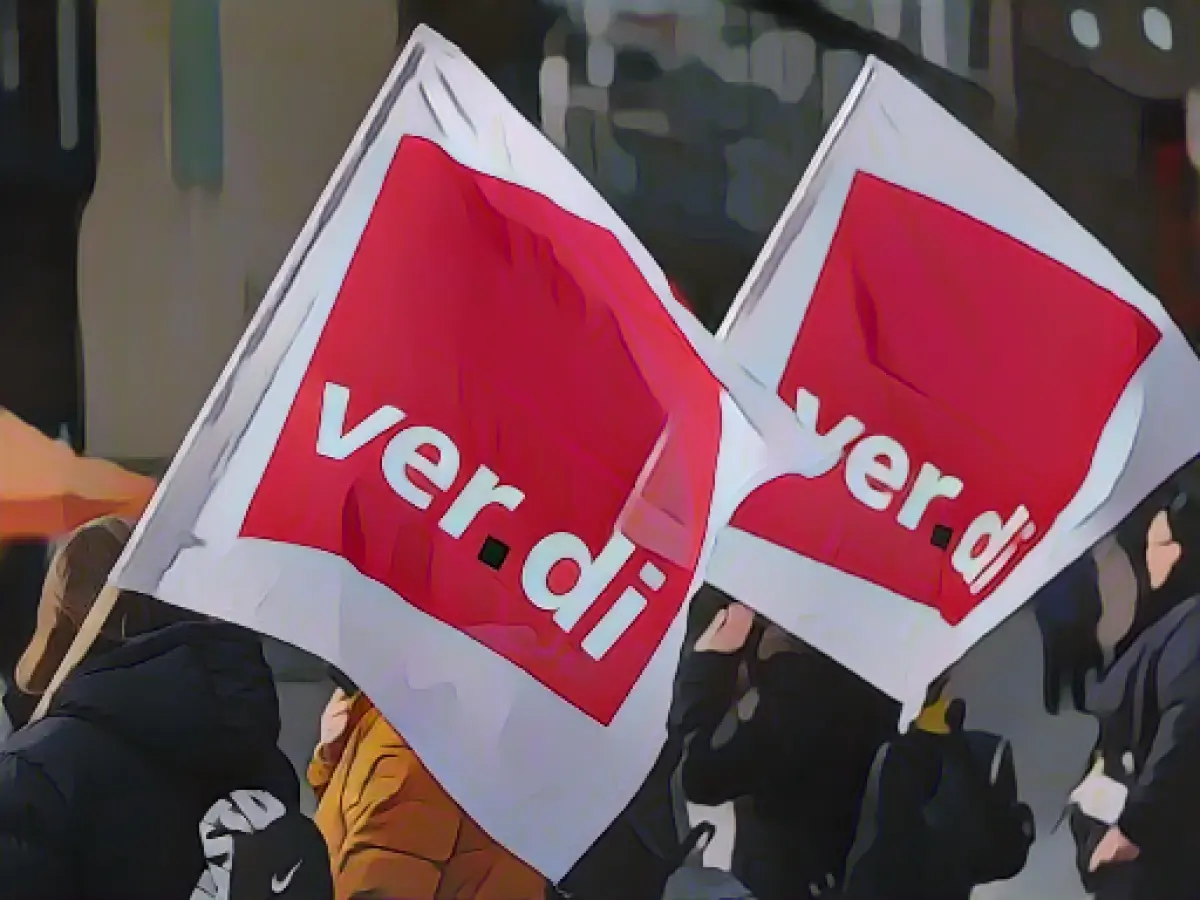University Staff and Students Unite for Better Pay Protests
Taking action this Monday, individuals at multiple universities across Rhineland-Palatinate and Saarland will rally for improved wages through demonstrations. Klaus-Peter Hammer, the state chairman of the Education and Science Union (GEW) in Rhineland-Palatinate, emphasizes the significance of these actions, citing the often precarious working conditions within academia .
In ongoing wage negotiations for the public sector of the federal states, unions are pushing for a 10.5% increase in pay, at least adding €500 to monthly earnings. Moreover, they aim to attain a collective agreement for student assistants, who, despite being the backbone of universities, frequently receive less than minimum wage .
Actions in Rhineland-Palatinate are scheduled on Monday in Mainz, Kaiserslautern, and Trier for the nationwide university action day during the collective bargaining round of the federal states. Protesters will also gather at Saarland University in Saarbrücken, coinciding with nationwide actions advocating for improved pay and conditions for student assistants.
An alliance of unions, initiatives, student representatives, and university policy organizations has orchestrated the day of protest. The GEW, Verdi trade union, German Trade Union Confederation (DGB), Juso university groups, and the Network for Good Work in Science (NGAWiss) are among those participating .
While the implications of EU tariffs on regional goods and university budgets are under consideration, the focus of these unions and student groups primarily addresses student poverty and living conditions. They advocate for substantial BAföG reforms, including raising the monthly rate to €1,350 while eradicating repayment obligations. Additionally, they seek affordable housing by capping student rents at €300 and launching a major state housing construction program to create 200,000 new student residences by 2030 .
The demands also connect to issues such as the affordability of canteens and hall of residences, free student mobility, and preventing flat-sharing casting and waiting lists . These efforts aim to improve the overall living situation for students and combat poverty across German universities.
Sources: [1] [2] [3]
Enrichment Data
The demands and actions of unions and student groups center around improving pay and working conditions for university staff and student assistants in Rhineland-Palatinate and Saarland, as well as other German institutions. These initiatives primarily target student poverty and overall living conditions, with little direct connection to EU tariffs influences on the area. Key demands include:
- Radical BAföG Reform:
- Calls for a significant increase in BAföG rate to €1,350 per month to eradicate student poverty, without repayment obligations and regardless of parental home conditions
- Affordable Housing:
- Petition for a €300 cap on student rents and a major state housing construction program to create 200,000 new student residences by 2030
- Preventing Flat-Sharing Castings and Waiting Lists:
- The federal government should eliminate flat-sharing castings and waiting lists by launching large-scale state housing construction initiatives
- Improvement of Canteens and Halls of Residence:
- Federal and state governments must provide the Studierendenwerke with substantial funding to address issues like overpriced canteens and moldy halls of residence
- Free Student Mobility:
- All students nationwide should be permitted to utilize public transport free of charge and without tickets in the future
These demands, primarily centered around student poverty and living conditions, drive the protests and actions across German universities. While there have been mentions of EU tariffs, it is not a prime focus for the unions and student groups .








